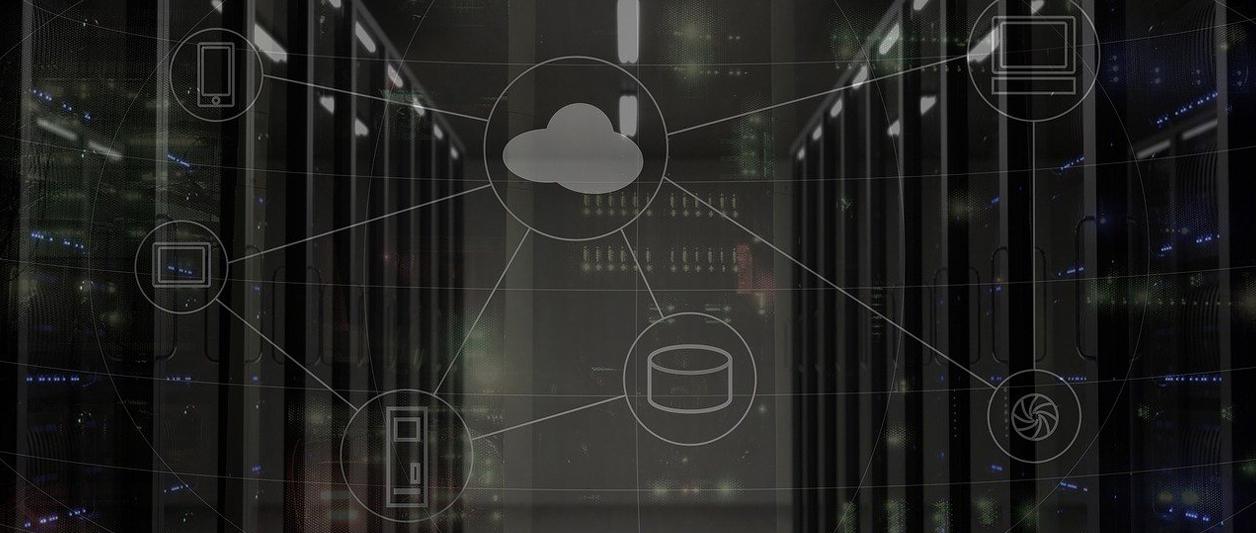
We live in an impatient era. People have grown accustomed to web pages and services that load instantaneously, and that’s important for two reasons:
- Websites that respond quickly are going to meet user expectations, encouraging further interactions.
- Websites that load slowly are going to frustrate users, dissuading them from sticking around.
Load times matter, and we’re not even talking about tens of seconds here; there have been numerous studies which indicate many users will grow weary of waiting and bounce from a website if it takes three or more seconds to load.
That may seem abrupt, and perhaps it is, but that is the reality we are in. No one wants to wait for a website to display after they’ve already clicked a link or entered a URL, and if your site takes too long to load then users may just hit the back button before they ever see what’s on it. Don’t expect this to change anytime soon, either; users aren’t likely to grow more patient, and Google has been using speed as a factor in its rankings for years (that means speed affects both how long people stay on your site, and whether they even discover it in the first place).
There are, of course, numerous ways to make your website load faster. Optimizing for mobile is hugely important now, as is cleaning up inefficient junk-code, using appropriately sized image files, and leveraging browser caching. However, there is one big hurdle you may not even have thought to clear: your server, of which there are three main options.
The Three S’s
Shared Servers are usually the cheapest choice. They let you pool your resources with other companies to fill out space on one server and reduce costs by not paying for use of the whole thing. This can be a good way to save money, but it comes at a serious price.
Shared servers generally don’t divvy resources equally. If someone else on your server gets more traffic, or experiences an influx of visitors, then it’s going to start eating away at your shared resources. With less horsepower being spent on your website, you can suffer crippling slowdown simply because someone else is doing well.
Dedicated Servers are, as the name implies, servers which host only your content. They’re more expensive, but the added cost comes with the benefit of all available resources being spent on you and you alone. You also gain control over your hosting setup, and won’t suffer just because someone else’s website is suddenly flooded with traffic.
Cloud Servers are a more recent option, and one which comes with several advantages. Though you are still sharing resources with other companies, those resources are now part of a much larger and more stable network. Through cloud hosting services you can reserve your own dedicated slice of the server pie, and scale it according to need when experiencing boons or lulls in traffic. This can keep your site running efficiently while affording you some extra adaptability.
Now that you know what kind of hosting services are available, you need to identify which option is best for you. Will the cheapest bidder be sufficient, or do you need more stable resources? Consider using a tool like PageSpeed Insights to test your website’s page load speed and determine what you
can improve.
-
What type of server is best for you? We can help you figure that out, and find more ways to improve your site speed!
Let's Get to Work.
Have an unsolvable problem or audacious idea?
